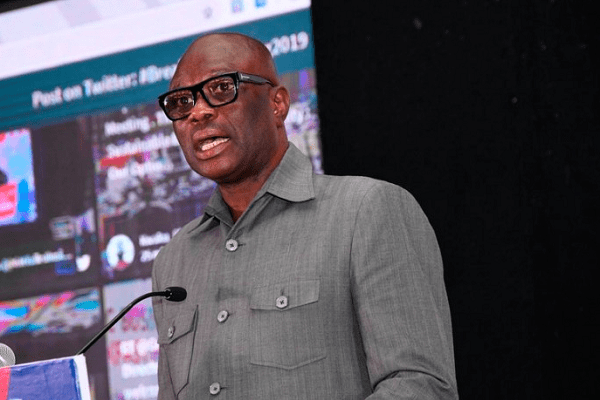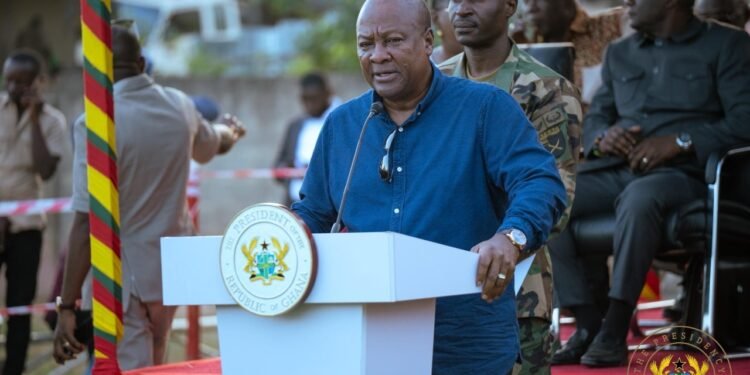Dr Joseph Obeng, President of the Ghana Union of Traders Association (GUTA), has warned government against reviewing a reduction in the benchmark value policy.
Describing the situation as “worrying”, he noted that the 50% reduction in the benchmark value policy is the only relief the retail space has with the advent of the pandemic.
His comments follow GRA’s hint of plans to review 50% reduction on benchmark value policy on selected items at the ports.
“It is very worrying to the extent that even council of state called us recently to discuss on way forward [and] as to why prices are escalating in the market. If you recall, former deputy minister of finance also brought to the floor of parliament the fact that prices of goods and services are escalating in this country. These are all coming because we are not in normal times. The effects of COVID is having a heavy toll on the trading community as well as the consuming public. That’s the reason why we are not expecting that at this time… where businesses are on the verge of collapse, this good policy that government introduced should be reversed.
“Considering the unbearable prices that the consuming public has to contend themselves with when competitive prices have gone up astronomically high and the freight charges have gone up, if the intention of government is to enhance its revenue collection, then this is not the proper form it should adopt. Because it’s not going to succeed in any way. With the introduction of the benchmark policy, government has exceeded all its revenue target since its inception”.
Dr Joseph Obeng
Addressing revenue challenges
In addressing the benchmark issue, the GUTA President suggested that government should rather resolve its internal challenges such as leakages in the form of “warehousing, tax exemption policy and goods in transit”.
“These are where the bulk of our resources are being siphoned away and we think government should think through again, not to unnecessarily surcharge the consuming public and unnecessarily frustrate the importing community.
“We are thinking about essential commodities like rice, cooking oil. We shouldn’t be surcharged and penalised so that the consuming public will be challenged to handle this thing. It doesn’t go well especially at this time. So, if it’s for the purpose of revenue, then it’s a wrong target… Because this one only goes to induce smuggling. Before the introduction of the benchmark policy, the total import of rice from Cote d’Ivoire was 1.5 million metric tonnes. With the introduction of the benchmark value in Ghana, this reduced to 1 million metric tonnes”.
Dr Joseph Obeng
Going forward, Dr Obeng maintained that the strategy may not help the country in “its quest to enhance on its revenue collection”. As such, the Association will push for halting any further move to review the reduction of the benchmark policy.
“What will happen is that it will induce smuggling and unorthodox ways of clearing goods. That has happened in the past and it’s going to repeat itself?
“What measures are we [putting in place] to enhance actual productivity on the areas that we have competitive advantage?”
Dr Joseph Obeng
Prior to this, GUTA had revealed that the benchmark serves as a stabilizer in the import valuation system. As such, reducing the value will only compound the plight of Ghanaian businesses.
Read Also: Nigeria’s PMI hits 18-month high in July, amid strong demand conditions























